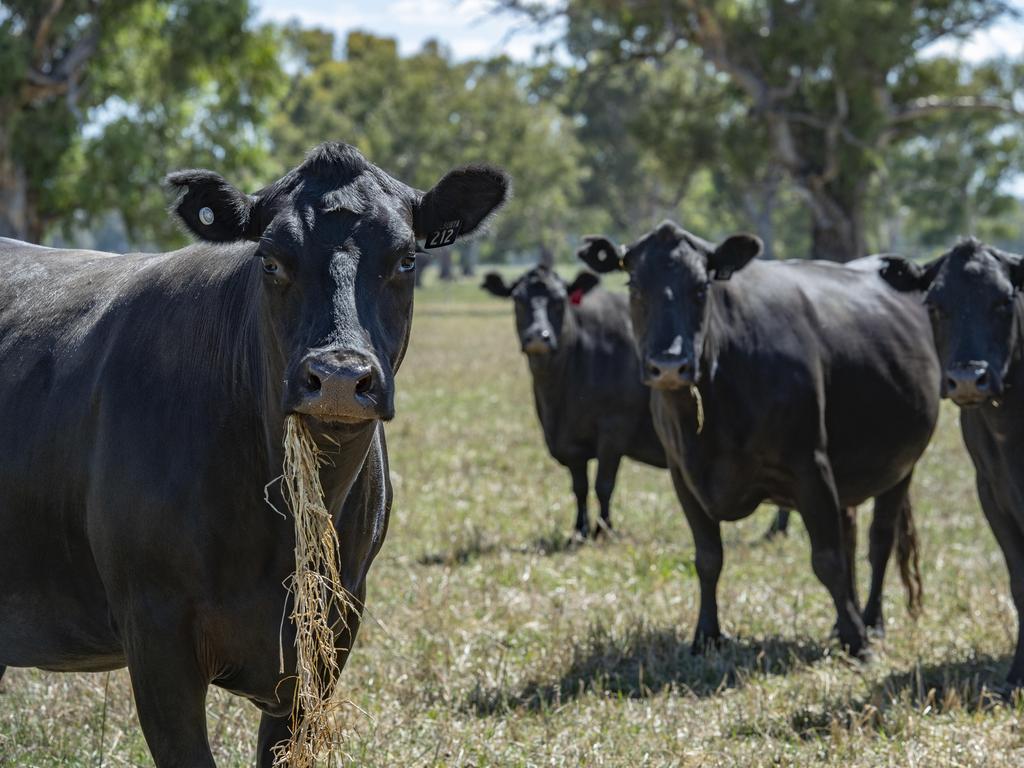Global Food Forum: Fixing labour squeeze will benefit more than farming
It’s clear the next six months are going to rank as some of the most challenging for the agribusiness industry.

It should be as good as it gets at the farmgate. But farming isn’t just about today’s price, it’s as much about the journey involved in getting the harvest to market and it’s clear the next six months are going to rank as some of the most challenging for the agribusiness industry.
In good times farmers know the next downturn is just a few seasons away and they fear the immense supply side pressures – particularly around labour – will cut short any windfall to set the industry up for the next decade. Food is literally being left in the ground.
As JBS Australia chief executive Brent Eastwood declared at the 10th annual Global Food Forum in Melbourne: “It’s the boom we can’t take advantage of.”
Focus has now switched from China tensions and big summer rains to the domestic labour market – which remains the tightest it has been in modern Australia. Farming and agribusiness is labour intensive which means producers are out there competing for labour from cashed-up miners or transport operators in small towns.

Michael Simonetta, the CEO of horticulture major Perfection Fresh Group, points out that “many millions of dollars” of tomatoes have gone to waste in glass houses in South Australia. In the Riverina for the last three to four weeks his grapes literally stayed on the vine and they’ve since been cut to the ground. That’s tonnes and tonnes of crops that have gone to waste due to a shortage of labour and unskilled labour, Simonetta says.
This is going to be one of many economic tests coming for the new Albanese government and there are few signs that it wants to play ball in easing the wholesale pain for agricultural employers with the sector short of more than 100,000 workers just as prices are booming.
There’s little doubt tackling the supply side tensions will be good for Australia. The bigger picture here is any steps taken to ease pressure on input costs will help halt the upward drive on interest rates.

Those that are on the food manufacturing side are among the hardest hit and will need to use all their smarts to navigate the immediate cycle. Players such as Mondelez, Bega and Select Harvest are being squeezed on both sides. They are being hit by rising commodity and labour costs while facing tough discussions with supermarkets in trying to push through price rises to recoup these costs.
There’s been a promising start to the season and the distortions that Russia’s war on Ukraine is causing to global agrimarkets mean prices will stay higher for longer.
In March quarter GDP figures released on Wednesday agriculture was one of the biggest net negatives on the nation’s balance sheet, falling 5.8 per cent quarter on quarter.
Bumper conditions for cropping and grains were offset by floods and weather-linked disruptions. This underscores the point made by JBS’s Eastwood.
All the opportunity is in front of agriculture but by getting the supply side right, the demand will take care of itself.
johnstone@theaustralian.com.au
More Coverage
Originally published as Global Food Forum: Fixing labour squeeze will benefit more than farming





